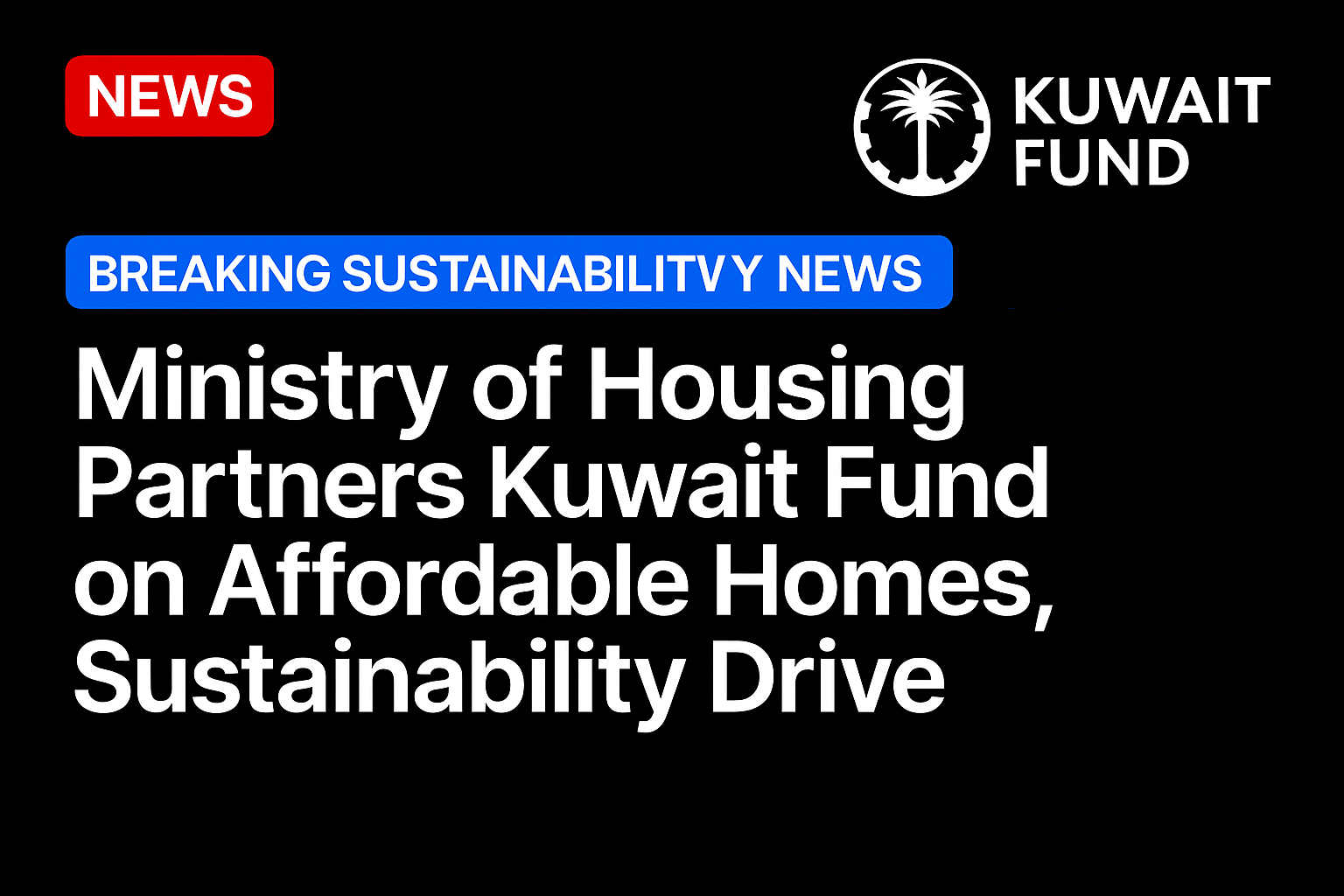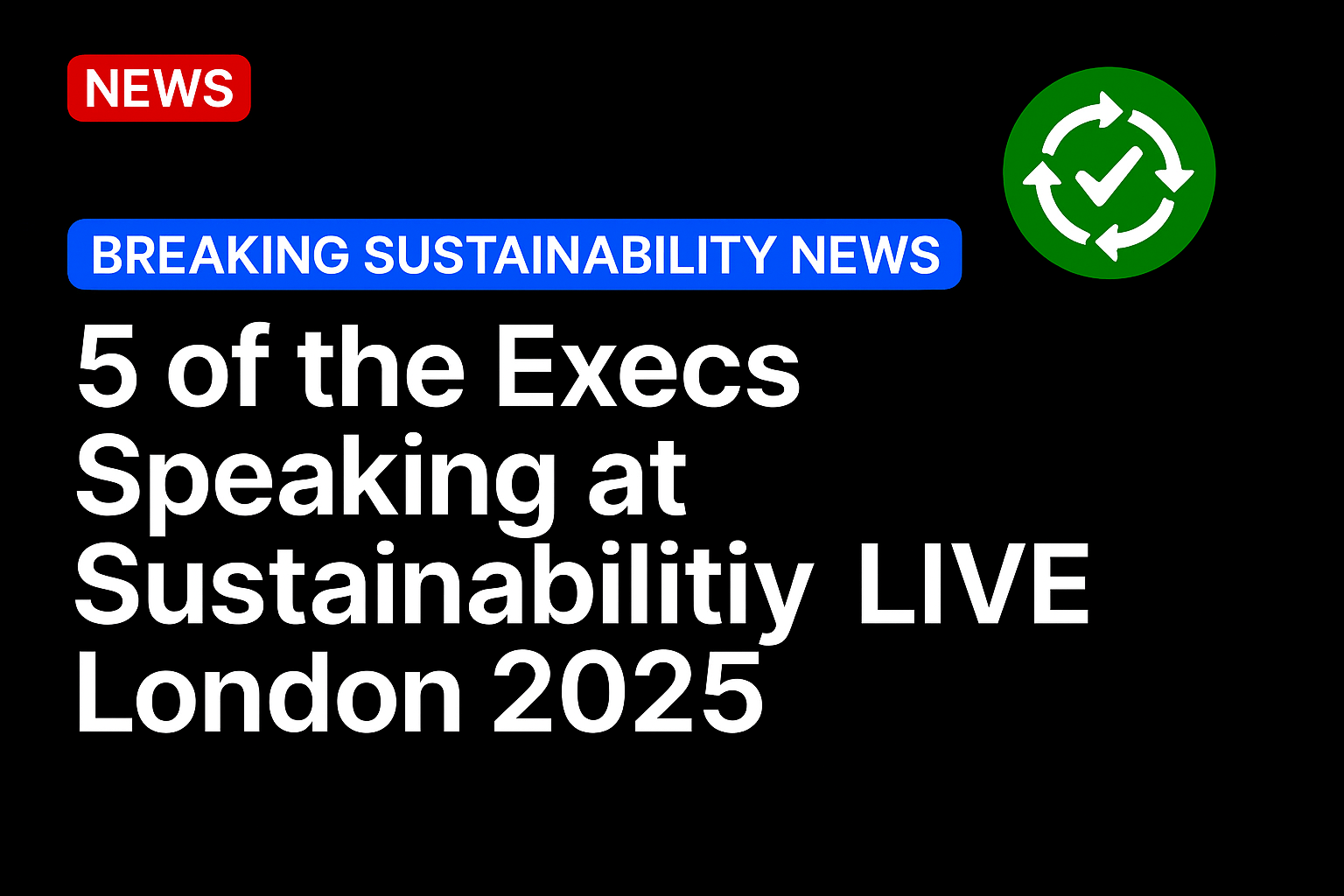Nigeria’s Ministry of Housing and Urban Development has entered a strategic partnership with the Kuwait Fund for Arab Economic Development (KFAED) to roll out affordable housing and sustainable urban development projects in the country. ([turn0search0])
What the Partnership Involves
- Collaborative focus: The initiative centers on building affordable homes and advancing sustainable urban infrastructure.
- Foundational support: KFAED will provide much-needed financial and technical assistance to implement projects identified by the Housing Ministry.
- Priority programs:
- Building material manufacturing hubs: Located across six geopolitical regions, these hubs aim to cut housing costs and boost local job creation.
- Centenary City development: A large-scale urban district spanning 1,200 hectares in Abuja, planned to accommodate commercial, residential, tourism, and industrial zones.
- Renewed Hope Social Housing Programme: An inclusive initiative targeting low-income earners—70% of designated homes will be sold at 30% of income, with 30% allocated to zero-income or displaced individuals. ([turn0search0])
Strategic Impacts
| Challenge | Initiative | Impact |
|---|---|---|
| High construction costs | Manufacturing hubs for building materials | Lowers costs, enhances affordability, drives jobs |
| Urban housing deficit and access | Affordable housing programs | Ensures equitable access, especially to vulnerable groups |
| Funding constraints | Alliance with KFAED | Bolsters financial capacity for large-scale rollout |
The Next Steps
- Feasibility groundwork: KFAED emphasized the importance of finalized feasibility studies before fully committing support.
- Infrastructure rollout: With investor proposals in hand, the ministry is poised to begin groundwork for manufacturing hubs and housing projects once site and service works are completed.
- Policy alignment: Projects will also be aligned with ongoing federal housing strategies and partnerships with regional developers.
Final Takeaway
The partnership with KFAED marks a bold step forward in Nigeria’s housing strategy. It signals a shift from conventional housing models to holistic, sustainable urban development—integrating infrastructure, affordability, and inclusivity to meet national needs.
Would you like an infographic summary, policy briefing, or investor-focused one-pager that captures how this collaboration can transform housing outcomes in Nigeria?





